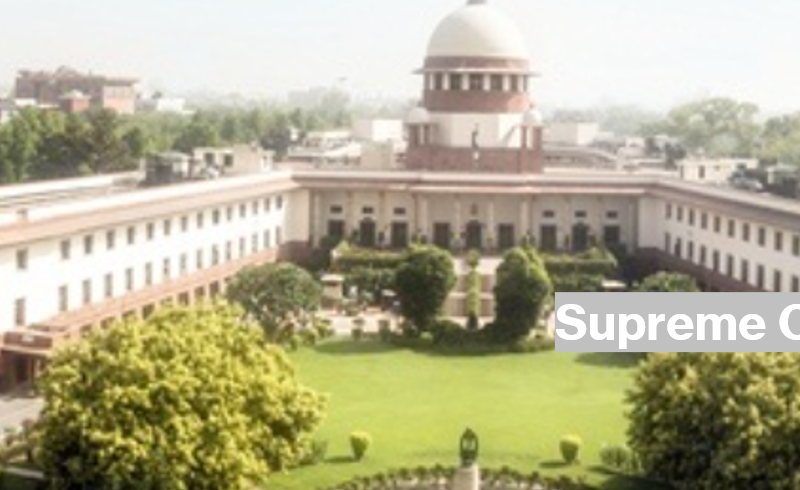Introduction
In a democratic society, the protection of individual rights is paramount. Fundamental Rights, enshrined in many constitutions around the world, serve as the bedrock of these protections. In this article, we will explore the significance of Special Fundamental Rights with a particular focus on Article 20, which provides safeguards against conviction for offences. Article 20 is a crucial component of India’s Constitution and holds lessons for legal systems worldwide.
https://amzn.to/45zKQq1

Understanding Fundamental Rights
Fundamental Rights are a set of individual liberties and freedoms guaranteed to citizens by their respective constitutions. They act as a safeguard against potential abuses of power by the state and ensure that individuals are protected from arbitrary actions. In India, these rights are enshrined in Part III of the Constitution.
https://amzn.to/3rORoDr
Article 20 of the Indian Constitution
Article 20 of the Indian Constitution outlines specific protections to individuals accused of a crime. It is often described as one of the cornerstones of criminal jurisprudence in India. This article can be broken down into three key provisions:
- Protection against Double Jeopardy: The first clause of Article 20 states that no person shall be convicted of the same offence more than once. This principle, known as double jeopardy, prevents the state from harassing an individual by repeatedly bringing charges for the same crime. It ensures that once an accused is acquitted or convicted of an offence, they cannot be tried again for the same offence, thereby safeguarding their right to a fair trial.
- Protection against Self-Incrimination: The second clause guarantees protection against self-incrimination. It stipulates that no person accused of an offence shall be compelled to be a witness against themselves. This principle ensures that individuals cannot be forced to provide evidence that may incriminate them. It promotes the idea that a person is presumed innocent until proven guilty, and they cannot be compelled to contribute to their own conviction.
- Protection against Ex Post Facto Laws: The third clause prevents the retroactive application of criminal laws. It states that no person shall be subject to a penalty greater than that which might have been inflicted under the law in force at the time of the commission of the offence. This safeguard ensures that individuals are aware of the legal consequences of their actions at the time they commit an offence. It prevents governments from enacting laws after the fact to criminalize conduct that was lawful when it occurred.
The Significance of Article 20
Article 20 serves as a powerful tool in protecting the rights of the accused and ensuring a fair and just legal system. Its provisions are essential for upholding the principles of justice, fairness, and the rule of law. Here’s why Article 20 is of great significance:
- Protects Against Abuse of Legal Process: Article 20 prevents the misuse of legal proceedings to harass individuals by repeatedly trying them for the same offence. This protection is essential for preserving an accused person’s dignity and ensuring that they are not subjected to endless litigation.
- Upholds the Right to Remain Silent: The right against self-incrimination ensures that an accused person can choose to remain silent during interrogation or trial without facing adverse consequences. This right is a fundamental aspect of the right to a fair trial.
- Prevents Retroactive Laws: The prohibition against ex post facto laws maintains the integrity of the legal system by preventing the government from unfairly changing the rules after an alleged offence has occurred. It promotes legal certainty and ensures that individuals are not punished for acts that were legal when committed.
Conclusion
Article 20 of the Indian Constitution is a testament to the commitment to justice and individual rights in a democratic society. Its provisions serve as a bulwark against the potential abuse of state power and underscore the principles of fairness and equality before the law. The significance of Article 20 extends beyond India’s borders, serving as an example of how fundamental rights can protect citizens and ensure that legal systems operate with integrity and justice at their core.


